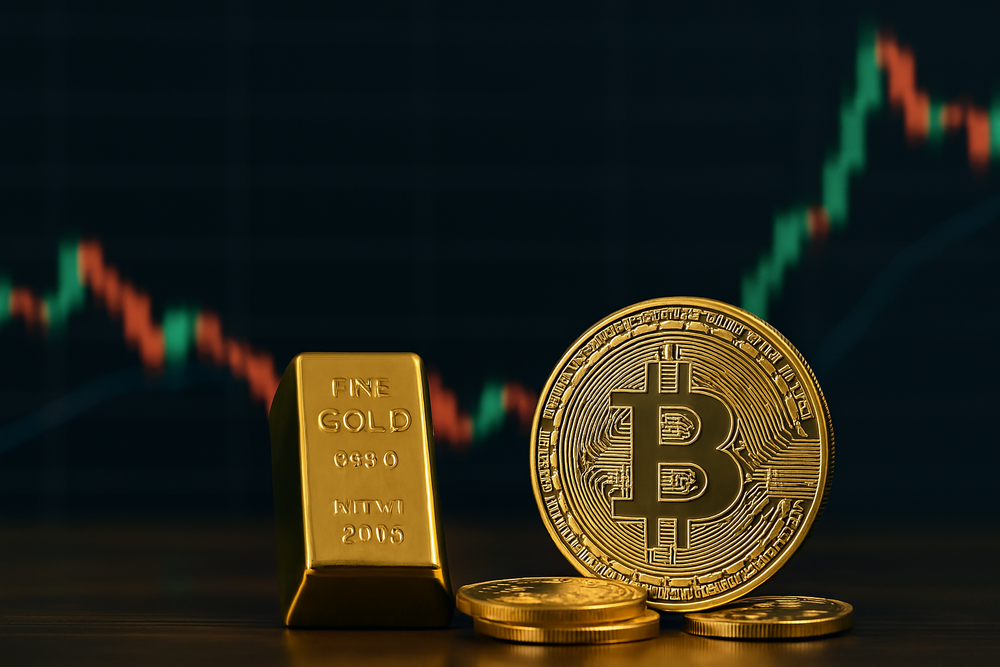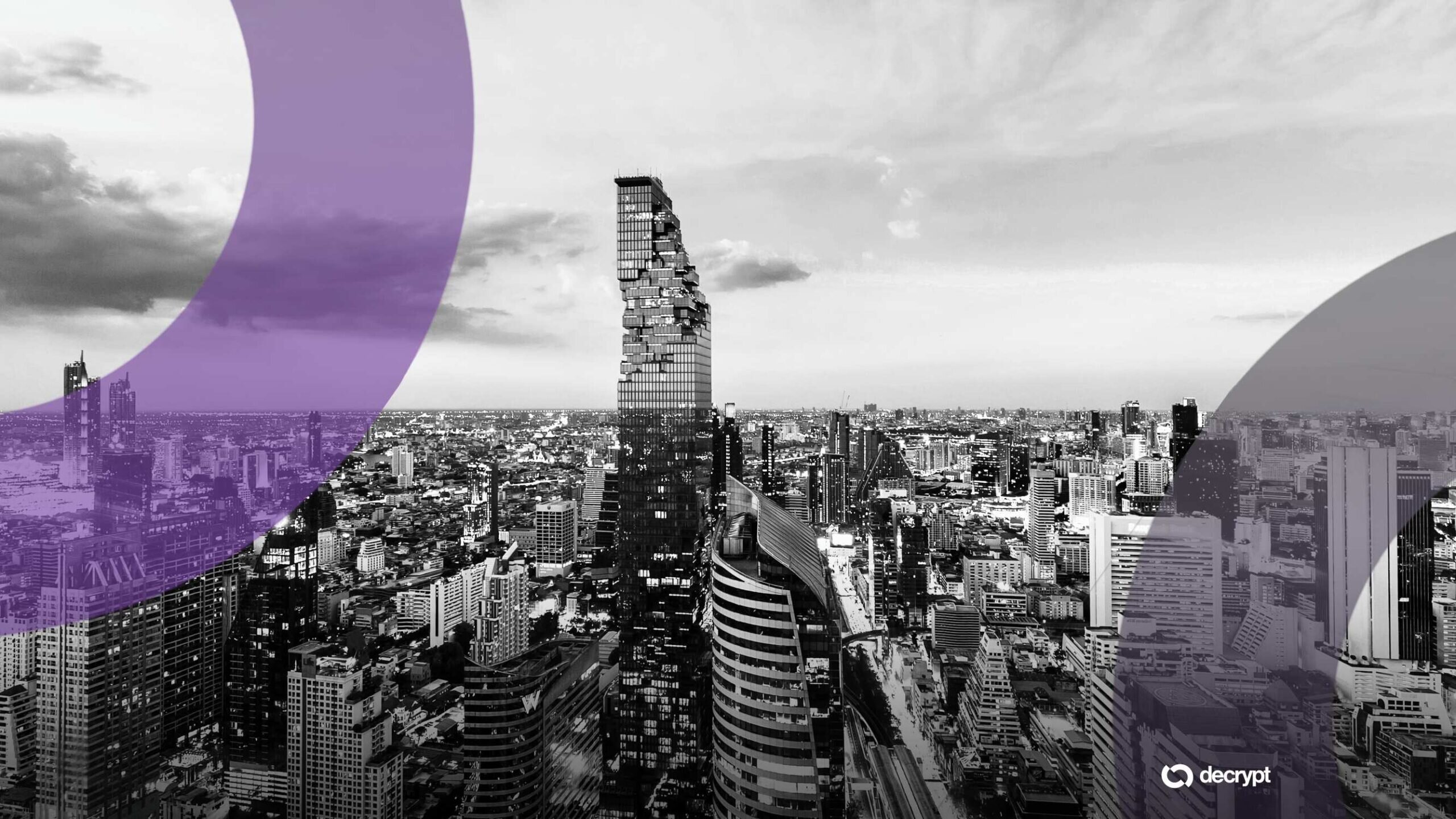Japan’s Takaichi-san rejects US request to phase out Russian oil despite Trump friendship
Japan’s new prime minister Takaichi Sanae told Donald Trump in Tokyo that Japan cannot stop buying Russian liquefied natural gas.
This came during their bilateral meeting on Tuesday. Two Japanese government officials allegedly said she told Trump that cutting Russian LNG is “difficult” because Japan depends on it for energy.
The U.S. has been urging countries, including Japan, to stop buying Russian energy and to impose sanctions on oil exporters Rosneft and Lukoil to pressure Moscow to end the war in Ukraine. But Takaichi-san wanted Trump to understand Japan’s situation and energy security needs.
Russian LNG accounts for about 9% of Japan’s total LNG supply. Japanese companies Mitsui and Mitsubishi also hold stakes in Russia’s Sakhalin-2 LNG project located in the Russian Far East.
If Japan suddenly stops buying from Sakhalin-2, the gap would have to be filled by more expensive imports. This would raise energy costs at home.
According to the Nikkei, Takaichi-san, who became Japan’s first female prime minister last week, told Trump that stopping the imports would “only make China and Russia happy.”
She said Japan cutting purchases would simply shift more Russian supply toward Beijing and possibly New Delhi, not reduce Moscow’s energy revenue.
Japan weighs U.S. pressure against domestic energy needs
China and India have been two of the largest buyers of Russian energy since the Ukraine war began. However, many Indian refiners paused new Russian oil orders after fresh U.S. sanctions last week and are waiting for more guidance from their government and suppliers.
Japan has been increasing its imports of U.S. LNG in recent years. The goal is to diversify away from relying too heavily on one supplier. Japan is also preparing for the expiration of Sakhalin-2 supply contracts, which mostly end between 2028 and 2033.
Japan’s industry minister said last week that replacing that gas will be costly and likely drive up electricity prices.
Japan currently buys less than 1% of its crude oil imports from Russia. These purchases are allowed under a sanctions waiver that expires in December. The majority of Japan’s oil supply comes from the Middle East.
Russia remains the world’s third-largest exporter of crude oil and the second-biggest exporter of diesel. It has exported more than 800,000 barrels per day of diesel this year, which is about 3% of global demand.
Global diesel supply shifts under U.S. and EU sanctions
The U.S. sanctions are adding to existing disruption in the diesel market. Earlier this month, the European Union approved a sanctions package that bans imports of fuel made from Russian crude.
That ban goes into effect in January 2026.This closes a loophole that previously allowed refiners in India and Turkey to buy Russian crude, refine it, and export the fuel to Europe.
With both the U.S. and EU tightening measures, traders are scrambling to secure new diesel supply sources, especially for Europe, which is the world’s largest diesel-importing region.
As a result, the profit margin for refining crude oil into diesel has jumped nearly 20% over the past week to around $29 per barrel, the highest since February 2024, according to LSEG data.
Shipping analytics firm Kpler reports that Rosneft and Lukoil have exported 182,000 barrels per day and 138,000 barrels per day of diesel this year, which together account for 39% of Russia’s total diesel exports.
Turkey is the biggest buyer of Russian diesel, purchasing 36% of seaborne exports. Brazil is second with 18%. Large companies in both countries may reduce imports to avoid sanctions exposure.
But smaller importers with no ties to U.S. banks will likely continue buying. China, with its network of traders and tankers designed to bypass Western sanctions, is expected to take some of the surplus diesel at discounted prices.
Any leftover Russian diesel will likely end up in the shadow trading market, where fuel is blended or rebranded before being sent onward.
The smartest crypto minds already read our newsletter. Want in? Join them.
You May Also Like

Gold continues to hit new highs. How to invest in gold in the crypto market?

Chinese Man Arrested in Bangkok Over Alleged $14M Crypto Ponzi Scheme
